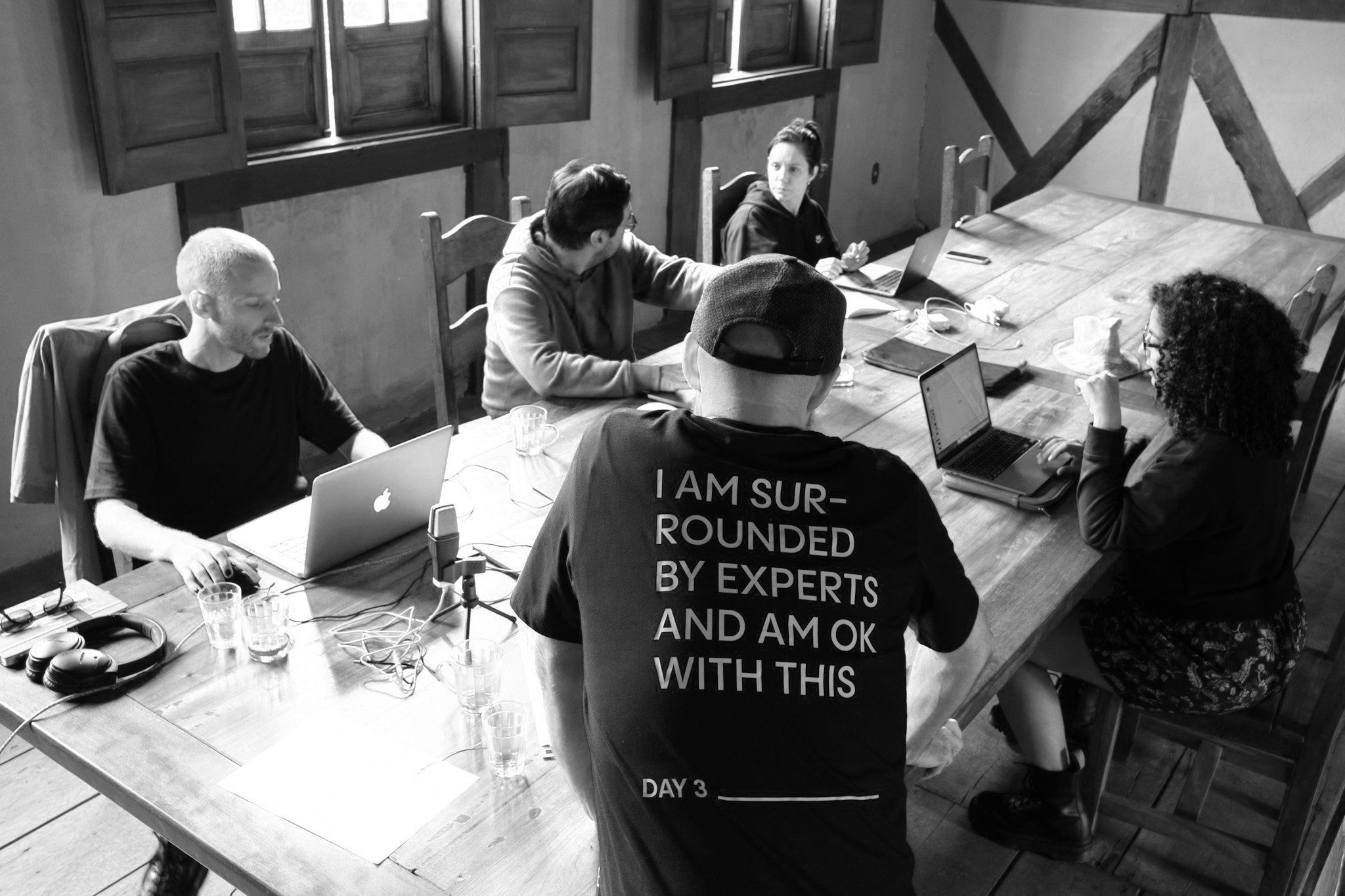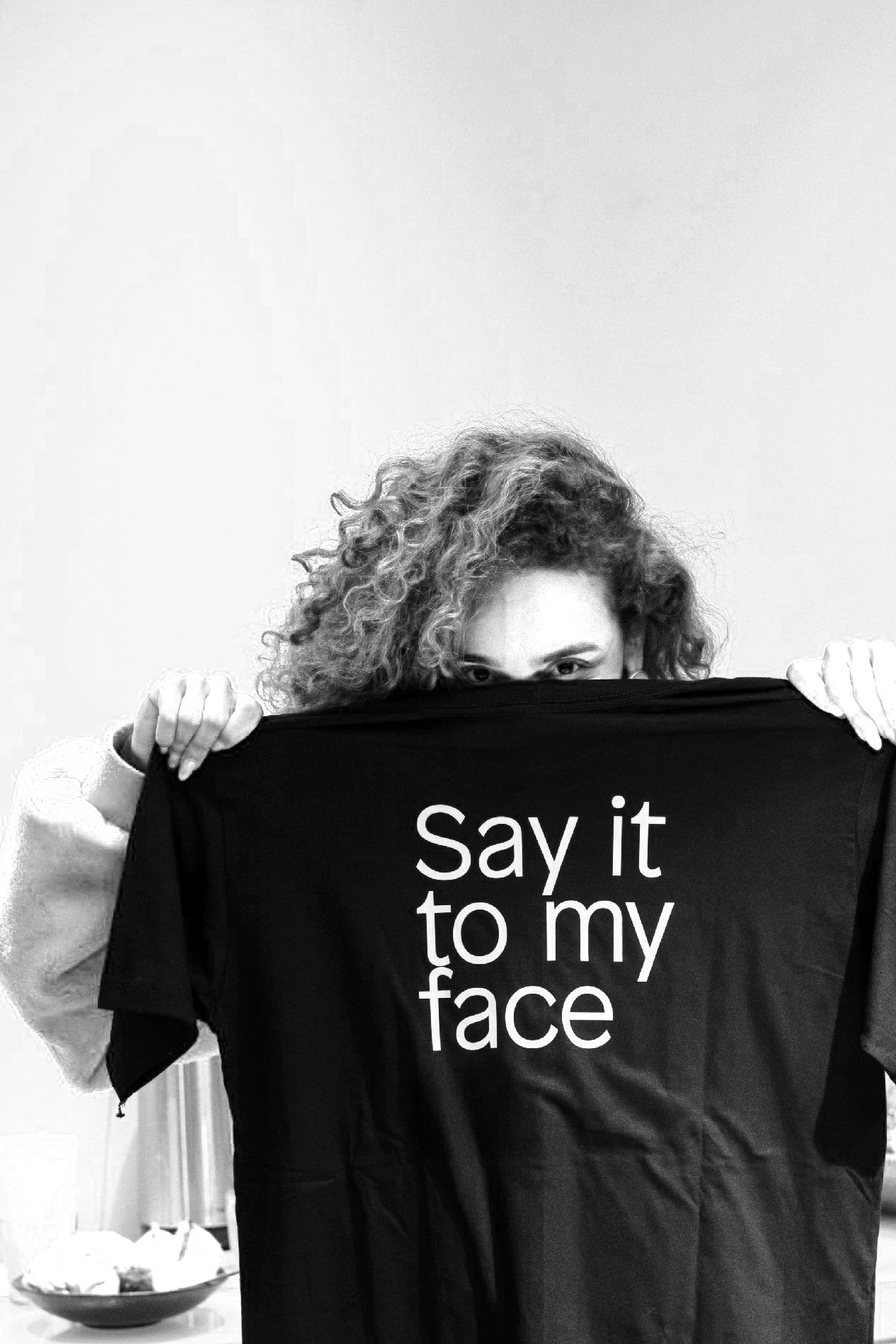Our model allows clients to control for the risks in generating creative work - without compromising the things that actually make it worth investing in.
It relies on our clients and partners accepting four simple principles.-

One team
You and your colleagues join a group of hand-picked creatives, strategists, cultural insiders and producers. Together, your team contains all the skills necessary to deliver the project.
-

Full autonomy
The team has the authority to decide which ideas to develop, how to develop them and the order in which it chooses to solve problems.
-

Change is welcome
The team has a duty to learn: to regularly inspect its work, and get guidance from outside its bubble.
-

Learn by making
The team makes its ideas tangible as quickly as possible using basic prototypes. It uses what it learns to refine and expand the prototypes into fully crafted, unique campaigns.
By simply getting business people and creatives to actually talk to each other, we help them deliver working ideas in a matter of days or weeks.
The shorter the time scale, the lower the risk of investing in work that is no longer relevant when released. And the higher the proportion of your valuable talents' time goes into work that the public actually sees. Why it matters…
People’s actions are determined by their thoughts and feelings. We can control the former, but not the latter.
Cognitive Behavioural Therapy
Wikipedia“We have a place in our brain that’s always worried about what people think of us, especially higher-ups. As far as our brain is concerned, if our social system rejects us, we could die. Given that our sense of danger is so natural and automatic, organisations have to do some pretty special things to overcome that natural trigger.”
The Fearless Organisation
Amy EdmundsonExperiencing something simultaneously as part of a group gives it a power it would not have if experienced alone
The Antidote
Daniel Burkeman Humans are motivated by internal ideas - rarely by outside incentives or penalties
Drive
Daniel H PinkThe Apollo moon mission is the only large human project in history that was successfully planned out in advance and executed. In just about every other case it’s better to develop something in small steps, inspect it and apply new learnings
Challenges where more is unknown than is known require creativity. Creativity requires autonomy - over how to solve the problem, who should solve it and what resources should be used. Without this, there is a tendency to stick to what is known, even if this means the challenge remains unsolved.
The Long and the Short of it
IPA/ Binet & FieldTestable/Usable/Lovable
Hendrik KnibergThe Culture Code
Daneil CoyleWikipedia The average person has acquired 10000 hours media consumption experience by the age of 12. We don’t have short attention spans, we have expert ones. If there’s no story, we skip.
Skip it
MIT